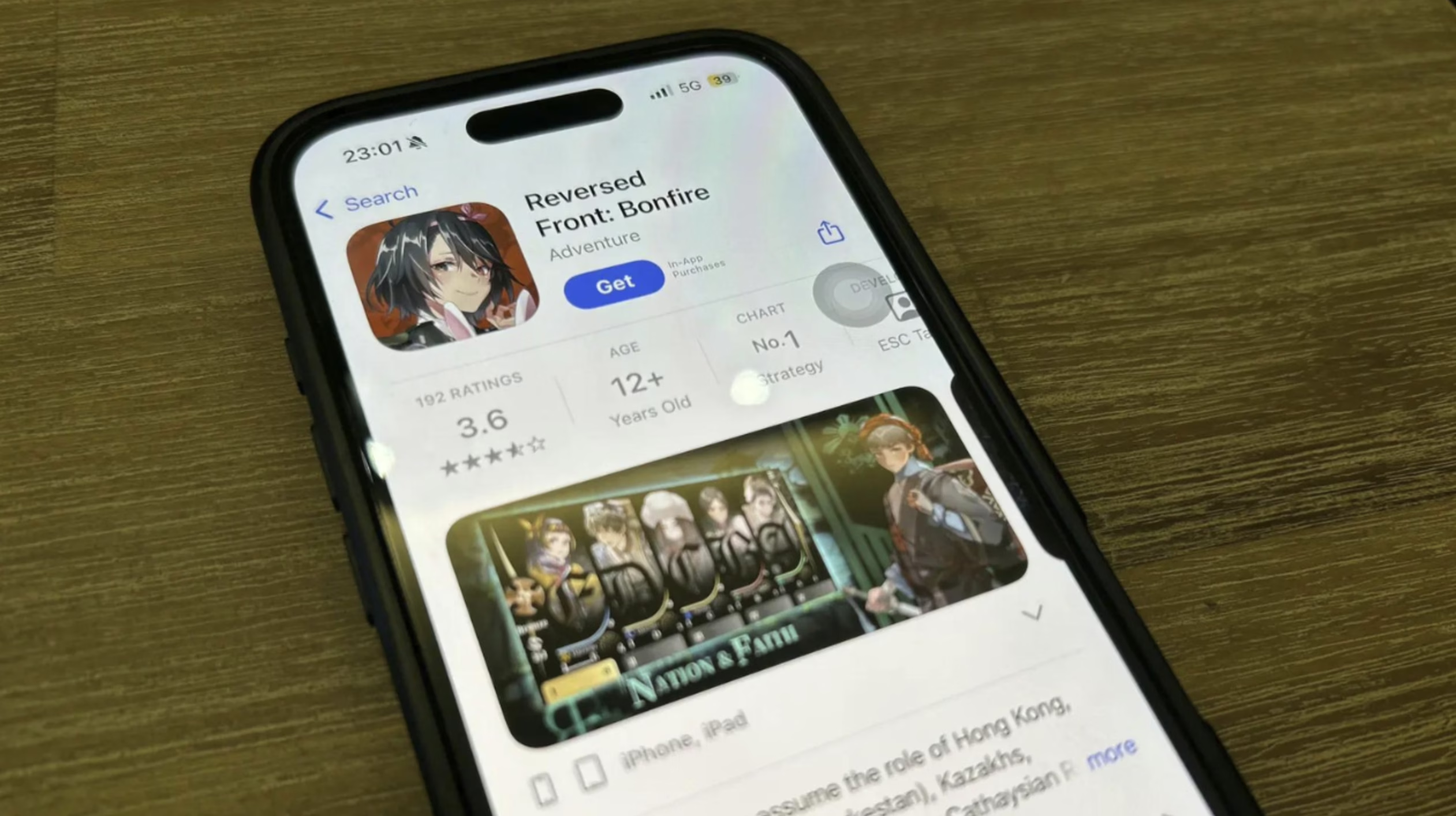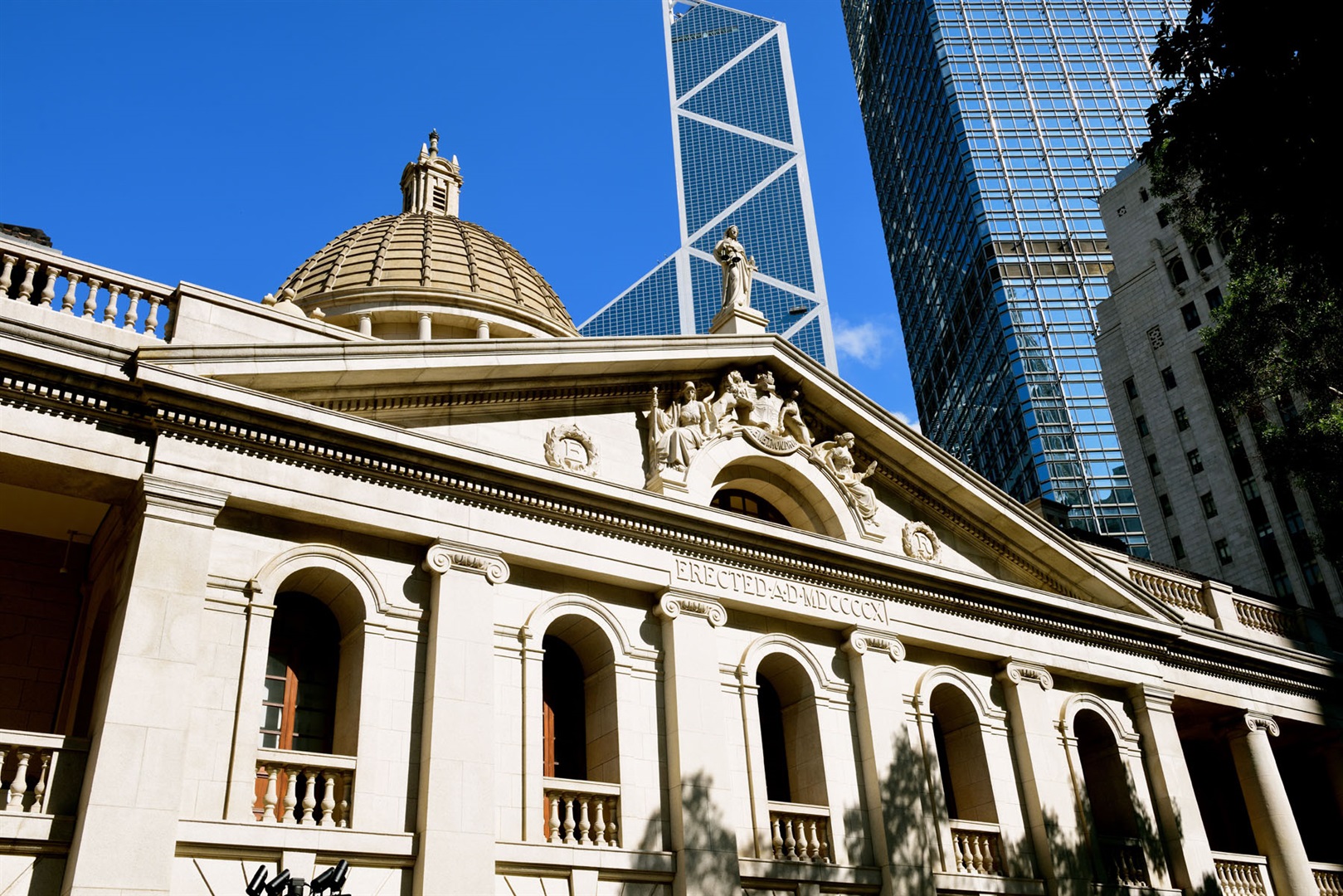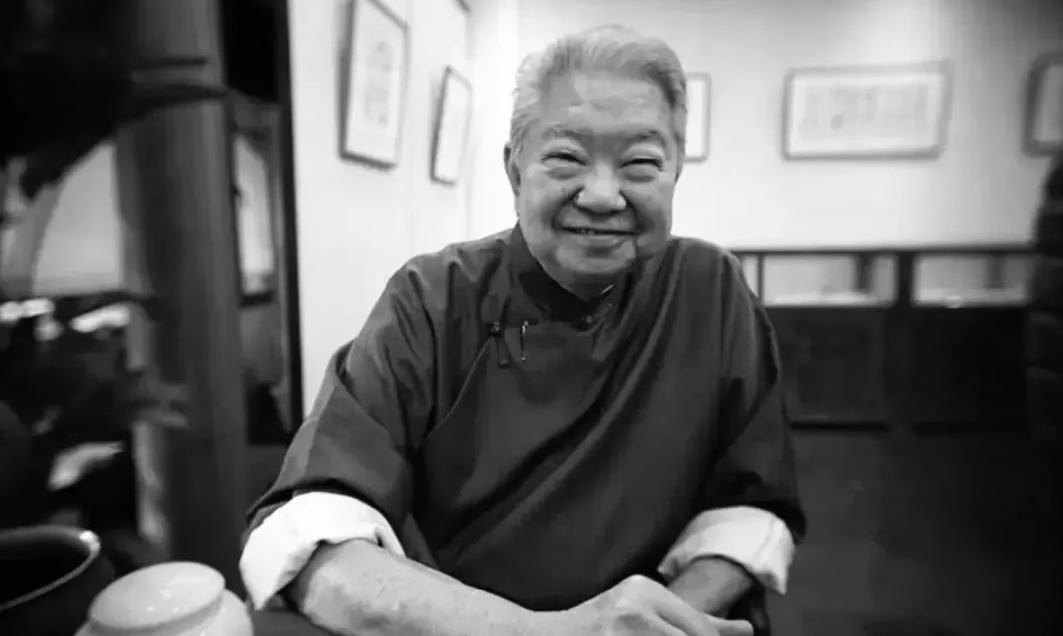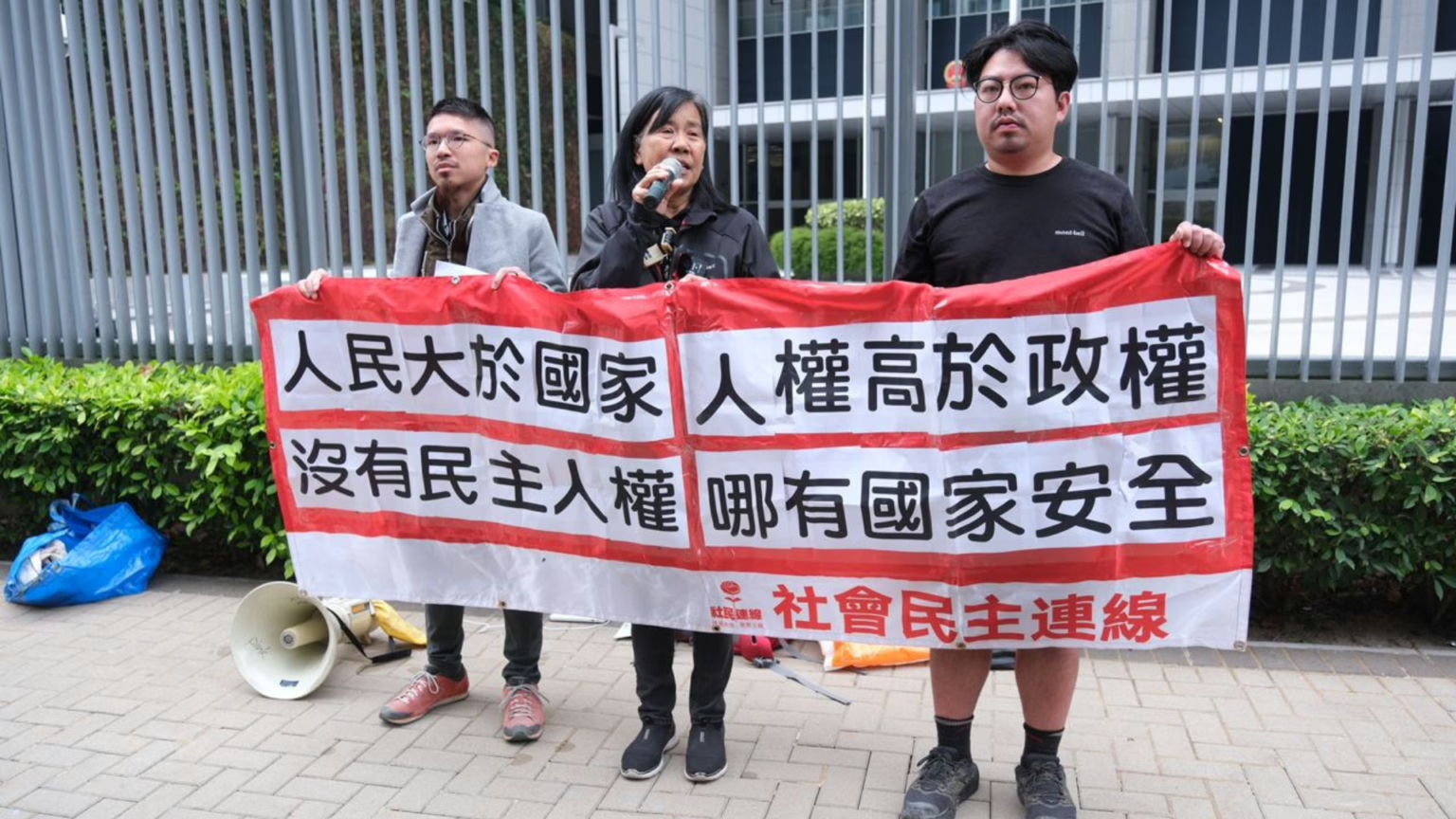The Hong Kong Special Administrative Region government yesterday announced a blanket ban on a mobile game titled Anti-Unification: Flames of War, citing violations of the Hong Kong National Security Law. According to a statement from the Hong Kong Police Force’s National Security Department, the game is accused of promoting national secession, inciting armed rebellion, and containing elements linked to Taiwan and Hong Kong independence, posing a “serious threat” to national security and social stability. The move has ignited widespread controversy, with many questioning whether the promises of “One Country, Two Systems” and “50 years unchanged” have been abandoned.
Game Content Sparks Outrage, Deemed Illegal
Authorities claim that Anti-Unification: Flames of War, developed by an independent studio in Taiwan, features a storyline where players assume the role of anti-government armed fighters aiming to overthrow the central government. The game’s dialogue, mission designs, and elements such as maps and symbols are said to allude to independence movements in Hong Kong and Taiwan, breaching provisions of the National Security Law that prohibit secession and subversion. Furthermore, the government invoked the spirit of Article 23 of the Basic Law, asserting that the game’s content endangers national security and warrants immediate suppression.
The Hong Kong Police issued a stern warning, stating that downloading, sharing, promoting, or making in-game purchases (buying virtual items) could constitute an offence under the National Security Law, punishable by up to seven years in prison. The government has ordered major app platforms, including the Apple App Store and Google Play, to remove the game from Hong Kong’s digital storefronts and implement “disabling measures” for related electronic content. Authorities also vowed to ramp up online surveillance to crack down on similar illegal material.
Ban Backfires as Game Surges to Top Spot
Ironically, following the announcement, Anti-Unification: Flames of War briefly soared to the number one spot on Hong Kong’s adventure game charts, according to app platform data, triggering heated online discussions. Many netizens remarked that the ban had piqued curiosity, prompting a surge in downloads as people rushed to experience the game before its removal. One anonymous player commented, “Hearing it was banned made me want to try it – turns out it’s actually a decent game!” The game’s developers issued a statement, claiming the ban “proves the game’s impact” and accusing Hong Kong authorities of violating the 1997 commitments to rule of law and freedoms.
National Security Law and Article 23 Fuel Tensions
Enacted in June 2020 by China’s National People’s Congress, the Hong Kong National Security Law criminalises secession, subversion, terrorism, and collusion with foreign forces, granting authorities sweeping powers, including over online and cultural content. The ban on Anti-Unification: Flames of War is seen as the latest example of the law’s expansion into the realm of entertainment, suggesting that ideological control now permeates private life. Article 23 of the Basic Law, which mandates Hong Kong to enact laws prohibiting acts like treason and subversion, was legislated in 2023, further bolstering the national security framework. However, its vague enforcement boundaries have drawn sharp criticism.
Analysts argue that the ban on a mobile game signals an unprecedented broadening of the National Security Law and Article 23’s scope, extending beyond traditional political activities to personal entertainment choices. A legal scholar at the University of Hong Kong, speaking anonymously, warned, “When playing a game can land you in jail, the chilling effect erodes everyday life. It raises serious doubts about whether Hong Kong remains a free society.”
Freedoms Under Siege: Public Reactions Polarised
In recent years, Hong Kong residents have seen their freedoms of assembly, association, and peaceful protest severely curtailed. Civil society groups have disbanded, and public demonstrations have all but vanished since the National Security Law took effect. Now, with even private entertainment like mobile gaming subject to scrutiny, fears of further erosion of freedoms have intensified. Social media platforms are abuzz with polarised reactions. While some support the government’s stance, arguing the ban is necessary to “safeguard national security,” a larger chorus decries the move as overreach, with many feeling their lives are increasingly constricted.
One anonymous netizen wrote on a local forum, “First they banned protests, now even gaming makes you paranoid. What freedom is left? Is this still Hong Kong?” Another resident expressed alarm that the ban could set a precedent, with books, films, or even social media posts at risk of censorship for being “politically sensitive.” International human rights group Freedom House condemned the move, accusing Hong Kong authorities of using national security as a pretext to dismantle citizens’ rights to speech, culture, and expression, and urged global attention to the city’s deteriorating freedoms.
Is “One Country, Two Systems” on Life Support?
The ban has reignited fierce debate over the viability of “One Country, Two Systems,” Hong Kong’s promised framework of autonomy under the Basic Law, which guarantees the city’s way of life and freedoms remain unchanged until 2047. The National Security Law and Article 23 are widely viewed by critics as direct interventions by Beijing, undermining the principle of “Hong Kong people ruling Hong Kong.” The gaming ban has amplified these concerns, with many questioning whether Hong Kong’s judicial independence, free speech, and cultural diversity are being systematically dismantled.
Political commentator Mr. Lee (pseudonym) remarked, “When a government polices mobile games, the line between ‘One Country, Two Systems’ blurs. If citizens can’t even choose their entertainment freely, what autonomy is left?” International media have echoed these sentiments, with The Guardian describing Hong Kong’s shrinking civic space as evidence that the “50 years unchanged” pledge is hollow. Yet, Hong Kong officials and pro-establishment figures insist the National Security Law and Article 23 are vital to ensuring stability and prosperity, arguing that the ban targets only content that explicitly threatens national security, leaving ordinary citizens unaffected.
What’s Next: Tighter Surveillance?
The Hong Kong government reiterated that banning Anti-Unification: Flames of War is essential to protect national security and social stability, urging residents to comply with the law. Authorities pledged to intensify monitoring of online platforms and mobile apps to prevent the spread of illegal content. Observers predict that with advancing surveillance technology, the government may further tighten its grip on cultural and entertainment products, posing greater challenges to citizens’ private lives.
For further details, visit the Hong Kong Police Force’s official website or contact relevant authorities.
Discover more from “Bridging Hongkongers. Reporting Truth.”
Subscribe to get the latest posts sent to your email.




